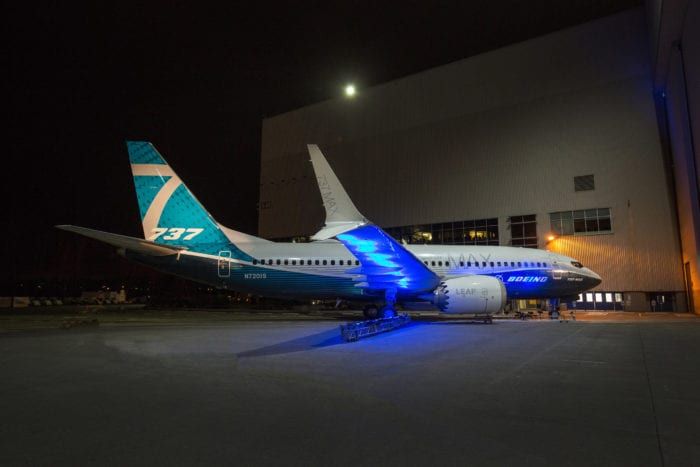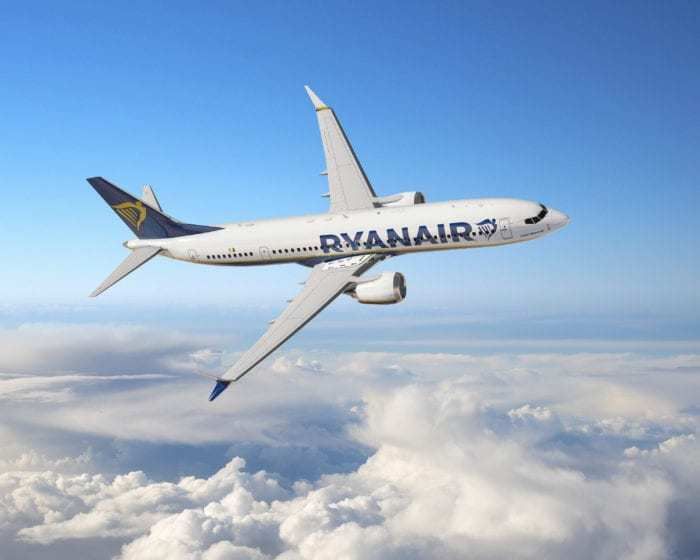After a month of the Boeing 737 MAX being grounded, it seems as though some headway is being made. It has been announced that the changes to the 737 MAX are "operationally suitable", following a review of the Boeing training procedures by the FAA.
The Boeing 737 MAX has been a hot topic of conversation since the world's fleet was grounded over a month ago. The blanket ban came after two fatal crashes of the type in the space of half a year. Airlines are starting to feel the pressure of the grounding, with some blocking the aircraft out of service until August.
What has changed?
The focus of the changes has been on the aircraft's Maneuvering Characteristics Augmentation System (MCAS). This system is designed to push the aircraft's nose down under certain flight conditions. However, its malfunction is thought to be the main reason for the two serious crashes.
In both crashes, the pilots were ultimately unable to overpower the system successfully. Unfortunately, in the Ethiopian Airlines accident, it appears that the pilots initially managed to disable the system. However, somehow the system became re-enabled.
"Operationally suitable"
The changes to the MCAS were reviewed by a panel of experienced Boeing 737 pilots. The pilots then compiled a draft report which was sent onwards to the FAA. The report compiled only looks at training changes for the MCAS, but doesn't address the changes to the system itself.
The group ruled that other pilots who have existing experience on previous Boeing 737 models will not need simulator training for the MCAS. Instead, Boeing has recommended pilots undertake computer based training, which would sufficiently familiarise them with the system's operation. The FAA will allow two weeks for public review of the report.
MCAS changes
Boeing is still working on the software fixes for the MCAS itself. While these have yet to be finalised, almost 100 test flights have occurred to date. While not reviewing the system changes, it is reported that some tests were attended by the pilot review panel. Boeing is yet to finalise the changes to the MCAS software.
Yesterday Boeing told CNN that the software fix was to be expected in "in the coming weeks." There is still no real estimate for when the updates will be approved, however, major airlines are planning for this to take at least four more months. In the meantime, President Donald Trump has suggested Boeing rebrands the 737 MAX.
What do you make of the report's findings? Let us know in the comments down below!



